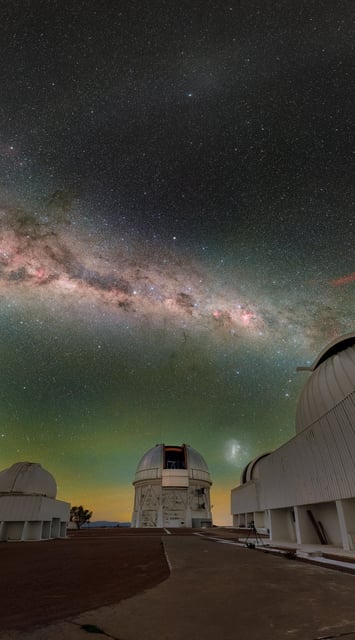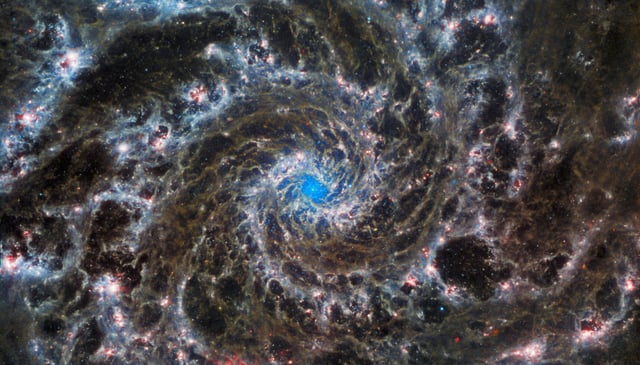Overview
- The Dark Energy Spectroscopic Instrument (DESI) has analyzed nearly 15 million galaxies, finding evidence that dark energy may be weakening rather than remaining constant.
- Dark energy, which constitutes about 68% of the universe, is the force driving its accelerated expansion, but its potential weakening could alter our understanding of the universe's future.
- If dark energy continues to decline, the universe could eventually stop expanding and collapse in a 'Big Crunch,' reversing current cosmological assumptions.
- These findings challenge the standard model of cosmology, potentially requiring a fundamental revision of how the universe operates.
- Further confirmation is needed, as DESI aims to map 50 million galaxies by 2026, with complementary data expected from global projects like the Euclid mission and Vera C. Rubin Observatory.



